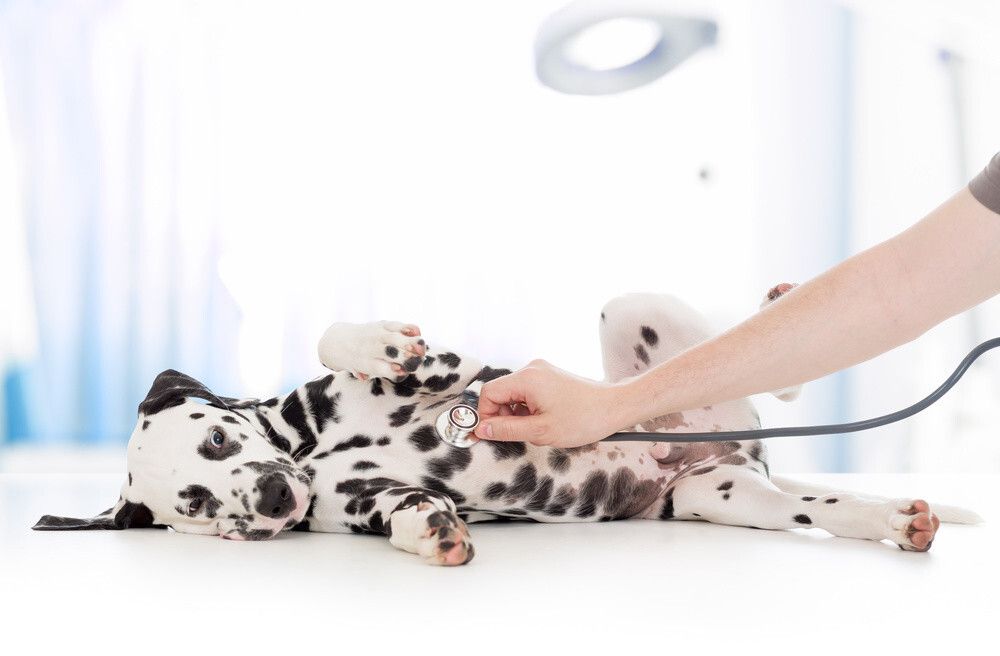TIPS For Pet Insurance

Pet insurance is a type of insurance specifically designed to cover the cost of veterinary care for pets. The policyholder pays a monthly premium, or pays an annual amount up front. The more often you pay, the lower your monthly payment will be, but if you pay up front then your rates will be higher overall. With pet insurance, in the event that an incident occurs where your pet requires veterinary attention (perhaps due to accidental injury), then you may be reimbursed for the cost incurred by the vet.
Though pet insurance can help with some costs associated with veterinary care, it cannot pay for all expenses that occur because pets are unpredictable and illnesses can happen without warning.
Pet Insurance Basics
Pet insurance is not a new concept. As far back as the 19th century, policyholders were paying their premiums and filing claims in the event of illness or injury to their pets. The primary difference between pet insurance now and pet insurance then is that there are many more providers offering different coverages and benefits, with varying degrees of price and quality.
Best Toys For Pets
There are three types of coverage available through pet insurance: accident only, illness only, and accident & illness. Most people opt for the accident & illness coverage since they want to be reimbursed if they accidentally hurt their pet or must pay for veterinary care after an accident has occurred with no other causes. Some pet insurance policies even offer discounts if the animal receives regular visits to the vet for preventative care, while others require that the animal has a clean bill of health before coverage begins.
Some pet insurance plans offer benefits to help with veterinary costs that are not caused by an accident or illness. These include dental cleanings and exams, prescription medications, and even grooming costs. Some policies cover emergency travel expenses if a pet needs to be rushed to another clinic out of town due to an emergency, but be aware that many insurance companies will require that any travel reimbursement be paid in cash prior to leaving.
This is just a short summary of what pet insurance can do; it is not an exhaustive list. When you are choosing a pet insurance plan, look to see exactly what benefits are offered and how much each one will cost you each month.
What Can Insurance Cover?
Pet insurance can cover any non-routine costs associated with your animal’s health. This includes visits to the veterinarian, routine checkups, preventative care (to keep your pet healthy and prolong their life), surgical procedures, prescription medications, dental issues, etc. It does not pay for care received from other professionals such as chiropractors or acupuncturists; however it does cover some X-rays. It also does not pay for expenses received from accidents (i.e. getting hit by a car) or illnesses that were not diagnosed by the vet (i.e. you taking your pet to another doctor).
Coverage can vary widely from policy to policy, with some offering more than others. Be sure to read your policies carefully so you know what you are and aren’t covered for before purchasing a plan.
How Much Does Pet Insurance Cost?
In general, pet insurance is quite affordable compared to the cost of veterinary care – even if you decide not to get coverage at all. Some policies cost only a few dollars per month, while others will run you hundreds. Your carrier will factor in the number of pets and their ages to adjust your premium accordingly, which can be pretty significant with multiple pets.
Most policies also offer discounts of some form if you purchase an annual plan rather than a monthly one, so it’s worth checking for that too. Rates can be determined by the amount of coverage you require (accident, illness or both), how much money is put into the plan each month, and the deductible associated with your policy (more on this below).
If you’re currently paying a high monthly premium for your pet insurance plan and you find that it is not covering your pet’s veterinary expenses adequately, then check out our post on how to get a better deal on your pet insurance.
What if something goes wrong?
With any type of insurance, there are a few things to consider when it comes to an actual claim. First, you should always check with the vet and make sure that there is no other cause for the illness or injury – many times there is. Second, be sure to keep detailed records of all expenditures made for the treatment of your animal to help you if you have to file a claim later (read: if something goes wrong). Third, you may need to keep receipts for any items that you have purchased with your pet’s policy in order to receive reimbursement from your plan. If anything can be considered as “extras” then those will not be reimbursed by your plan, but the items themselves will.
In rare cases where pet insurance has failed to pay out a claim to its policyholder, it is usually because the family does not uphold the standard of keeping full documentation and making sure all expenses are approved prior to submitting a claim. This type of problem may occur more often among families who decide not to purchase coverage, or do not have enough money put into their policies each month for the deductible amount.









